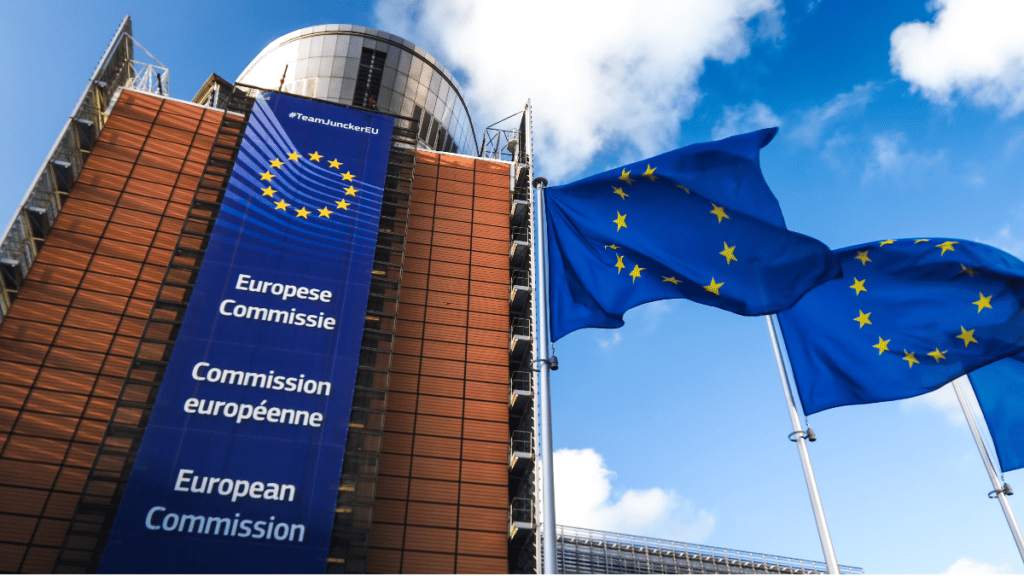Tracking the First Digital Services Act Transparency Reports
Gabby Miller / Nov 7, 2023Gabby Miller is Staff Writer at Tech Policy Press.

The Digital Services Act (DSA), Europe’s sweeping regulation of online platforms, requires that the largest tech firms submit regular transparency reports to stay compliant with the law. The deadline for Very Large Online Platforms (VLOPs) and Search Engines (VLOSEs) to publish their first reports was on Monday, Nov. 6, with all nineteen companies that meet the “very large” threshold making the cutoff.
Tech Policy Press has updated its DSA compliance tracker with new information and links to the first transparency reports, ad repositories, notice and action mechanism portals, and points of contacts for DSA-related inquiries.
The DSA came fully into effect on Nov. 16, 2022. It is the European Union’s most ambitious regulatory effort to crack down on illegal content, minimize online harms, and promote a more open internet. “Very Large” designations were issued on April 25 to platforms and search engines with at least 45 million monthly active users, including social media platforms like Facebook, YouTube, and X (formerly Twitter) and search engines such as Google and Microsoft’s Bing. The pathway to full compliance for VLOPs and VLOSEs began on Aug. 25, with some companies publicly releasing detailed plans for fulfilling their obligations.
While a number of Very Large Online Platforms and Search Engines like Meta, Google, and Snap regularly publish their own transparency reports, some new DSA disclosure obligations include:
- Content moderation transparency, including the number of dedicated human resources broken down by EU member-state or official EU languages, in accordance with Article 15.
- Appeal notices received and actions taken, in accordance with Article 16.
- Disclosures for out-of-court dispute settlement, in accordance with Article 24.
Other DSA obligations not necessarily reflected in the transparency reports include:
- Bans on targeted advertising to children
- Regular systemic risk assessments and independent audits
- Option for users to opt out of recommender systems
- Increased data sharing with authorities and researchers
Commerce platforms Amazon and Zalando have challenged their VLOP designations. Amazon was the first to file suit in the Luxembourg-based General Court – the EU’s second highest court – claiming it was “unfairly singled out and forced to meet onerous administrative obligations that don't benefit EU consumers." While a final judgment on Amazon’s VLOP status has yet to be determined, the online retailer won a partial victory in September when the General Court issued an interim stay on the DSA obligation to companies to create public-facing ad libraries. Amazon and AliExpress are the only two VLOPs that have yet to release ad repositories.
The European Commission has taken notice of some VLOPs’ unwillingness to cooperate with the DSA. On Monday, the EU announced a probe into the Chinese e-commerce giant AliExpress seeking more information on its plans to “comply with obligations related to risk assessments and mitigation measures to protect consumers online,” particularly related to illegal products sold on its site like fake medicines. AliExpress also has yet to publish an ad repository, create a streamlined notice and action reporting mechanism for harmful or illegal content, or list its DSA point of contact, as noted in the Tech Policy Press tracker. It has until Nov. 27 to respond to the EU’s formal request, or else face fines for “incorrect, incomplete, or misleading information.”
European Commissioner Thierry Breton, amid the war in Gaza, has additionally sent letters to Google, Meta, and X (formerly Twitter), directing the social media companies to comply with DSA obligations with regard to illegal content.
Authors
